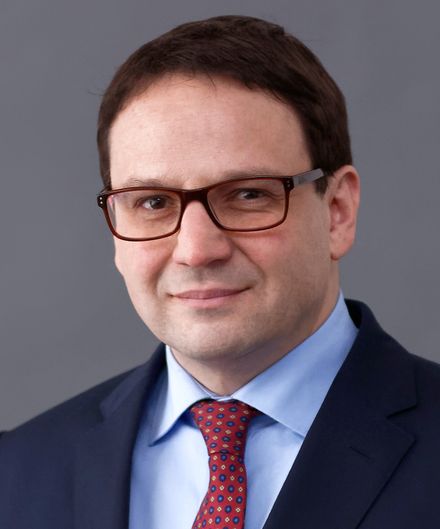Berlin. The German Judges Association (DRB) calls for further improvements of the European Regulation on the preservation and production of electronic evidence in criminal matters (e-evidence-regulation).
The proposal of the European Commission provides law enforcement authorities with direct access to service providers in other Member States and therefore to data located there – generally without an own assessment or control by local authorities. The Chairman of the DRB Jens Gnisa said on Monday:
„We welcome the intention of the European Commission to simplify and accelerate the access to electronic evidence across the European Union to enhance the international criminal prosecution. However, this should not be at the expense of cutting legal and constitutional standards that a person whose data is sought may expect. Despite the Council’s amendments, there are still no sufficient safeguards to preserve these standards.”
The German Judges Association demands that – at least in the case of transactional and content data – the enforcing State must have the chance to object the European Production Order of the issuing State on legal grounds (“hard right of objection”). In addition, the DRB opposes the renunciation of the principle of dual criminality and the extensive scope of the Regulation – partly dependent on the three-year maximum sentence in the respective issuing State – which is also not consistent among EU-Member States.
“It can’t be that the production of data depends by chance on the scale of penalties that is existing for criminal offences in the issuing State. And it is still less imaginable that the production does not at all depend on the punishability of the alleged offence in the enforcing State,” said Hans Jörg Städtler-Pernice, member of the DRB executive board.
The DRB therefore proposes a catalogue of criminal offences – as it is the case for a variety of other international instruments.
The Regulation proposition on e-evidence is currently being debated in the leading Committee on Civil Liberties, Justice and Home Affairs (LIBE) of the European Parliament, followed by the trilogue between European Parliament, Council and European Commission.
The German Judges Association is by far the largest association of Judges and Prosecutors in Germany with more than 17,000 members out of more than 25,000 Judges and Prosecutors in Germany.

